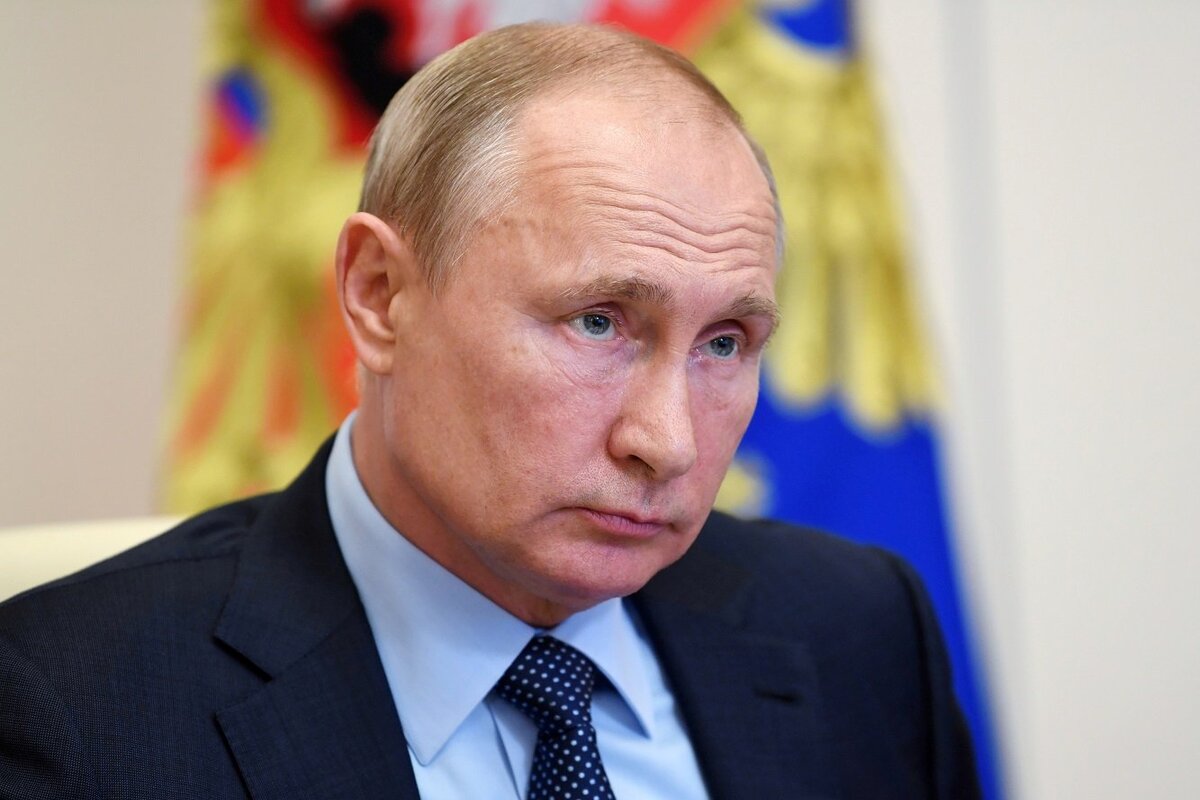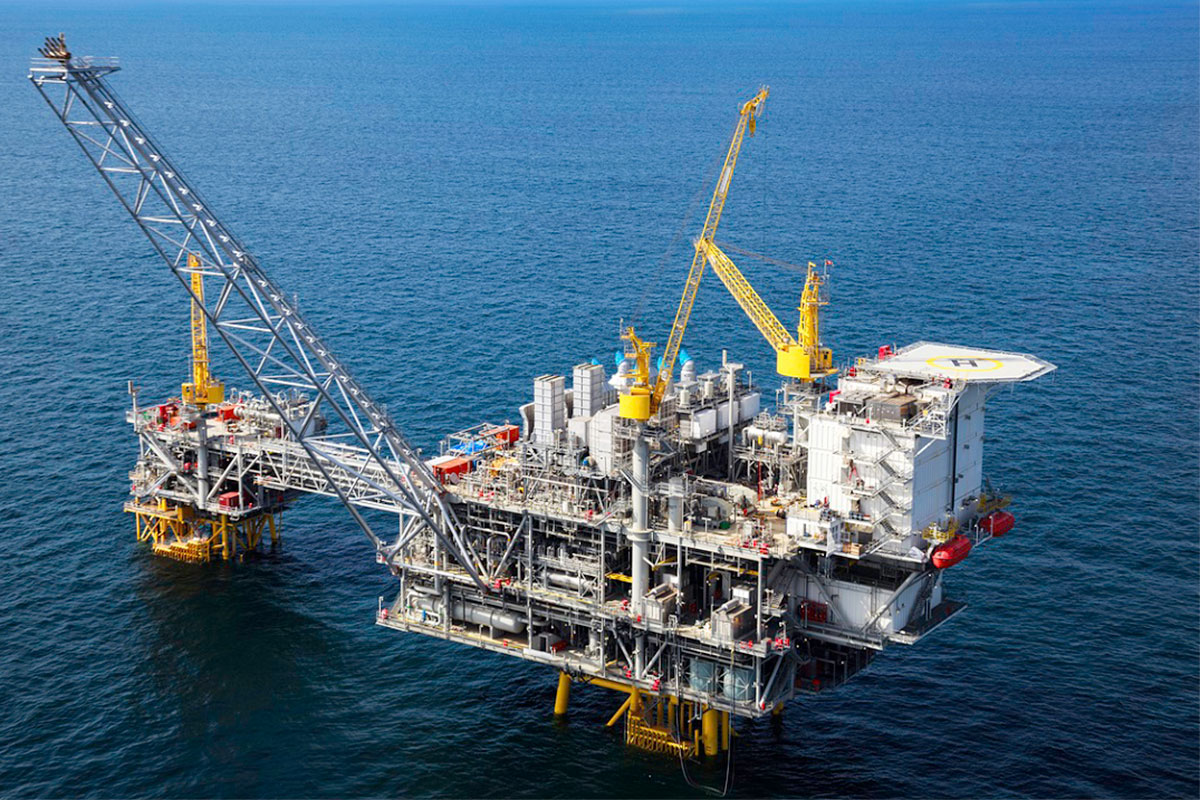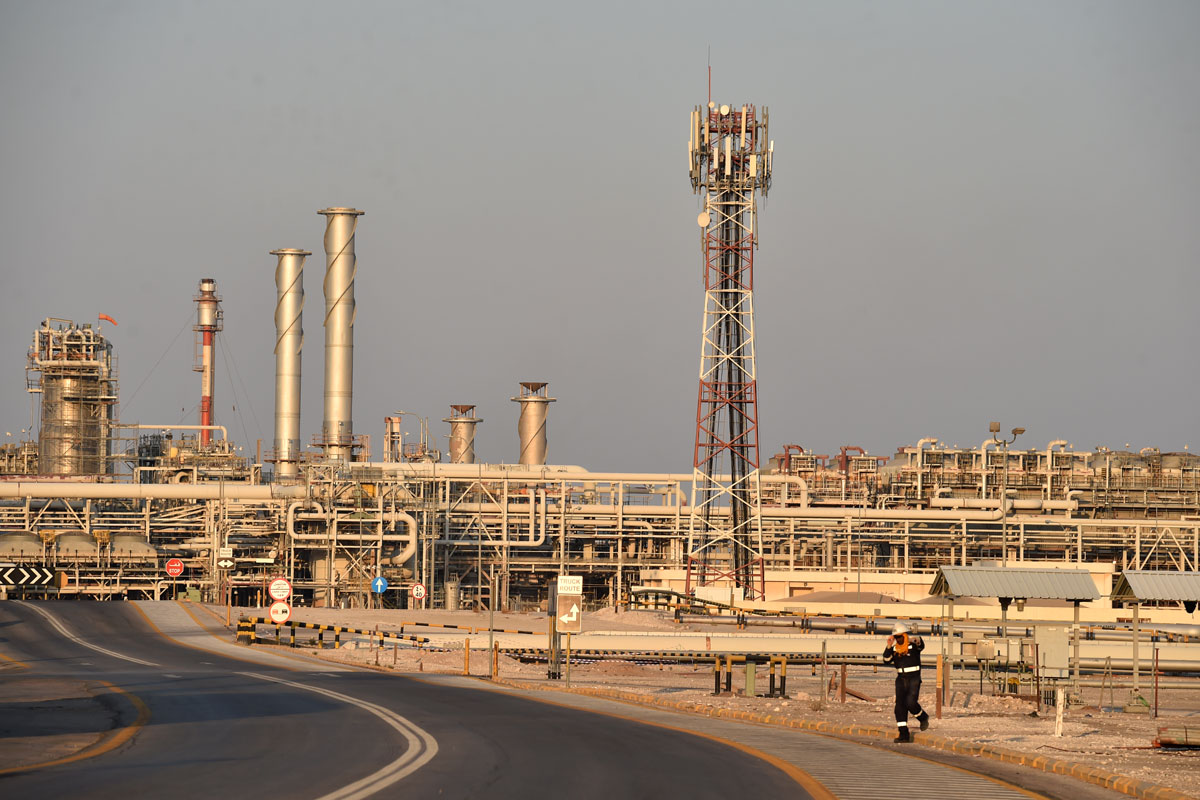Setback to OPEC
In an unexpected move, Angola has decided to part ways with the Organisation of Petroleum Exporting Countries (OPEC), sending ripples through the intricate web of global oil alliances.

In an unexpected move, Angola has decided to part ways with the Organisation of Petroleum Exporting Countries (OPEC), sending ripples through the intricate web of global oil alliances.

At the heart of the matter is the quest for stability in global oil markets.

According to Russia's central bank, crude oil exports accounted for Euro113 billion in 2021, on top of the Euro70 billion earned from refined products, such as gasoline and diesel.

The West Texas Intermediate for November delivery increased 1.24 US dollars, or 1.4 per cent, to settle at 87.76 dollars a barrel on the New York Mercantile Exchange. Brent crude for December delivery added 1.57 dollars, or 1.7 per cent, to settle at 93.37 dollars a barrel on the London ICE Futures Exchange.

OPEC+ said on Wednesday that it will slash oil production by 2 million barrels per day, the biggest cut since the start of the Covid-19 pandemic, media reports said.
Reports suggest that the new rift between the OPEC de facto leader Saudi Arabia and other major oil producer Russia has led to the postponement of the meeting.
Saudi Arabia’s reaction comes a day after Russian President Vladimir Putin blamed the kingdom for the collapse in global energy prices.
Oil prices sharply fell after the so-called OPEC+ group of countries including Russia failed to agree to production cuts in early March.
Saudi Arabia is aiming to boost its crude oil output of over 10 million barrels per day in April after the current supply deal between OPEC Russia ie OPEC+ expires in March.
Stocks of Reliance Industries nosedived 11 per cent in its worst single-day fall in at least 10 years as it fell to Rs 1,094.95 per share.